The Intel Core i9-9900KS Review: The 5 GHz Consumer Special
by Dr. Ian Cutress on October 31, 2019 10:45 AM ESTTest Bed and Setup
As per our processor testing policy, we take a premium category motherboard suitable for the socket, and equip the system with a suitable amount of memory running at the manufacturer's maximum supported frequency. This is also typically run at JEDEC subtimings where possible. It is noted that some users are not keen on this policy, stating that sometimes the maximum supported frequency is quite low, or faster memory is available at a similar price, or that the JEDEC speeds can be prohibitive for performance. While these comments make sense, ultimately very few users apply memory profiles (either XMP or other) as they require interaction with the BIOS, and most users will fall back on JEDEC supported speeds - this includes home users as well as industry who might want to shave off a cent or two from the cost or stay within the margins set by the manufacturer. Where possible, we will extend out testing to include faster memory modules either at the same time as the review or a later date.
| Test Setup | |
| Intel 9th Gen | Intel Core i9-9900KS |
| Motherboard | MSI Z390 Gaming Edge AC (A.60 BIOS) |
| CPU Cooler | TRUE Copper |
| DRAM | Corsair Vengeance 2x8 GB DDR4-2666 |
| GPU | Sapphire RX 460 2GB (CPU Tests) MSI GTX 1080 Gaming 8G (Gaming Tests) |
| PSU | Corsair AX860i |
| SSD | Crucial MX200 1TB |
Many thanks to...
We must thank the following companies for kindly providing hardware for our multiple test beds. Some of this hardware is not in this test bed specifically, but is used in other testing.


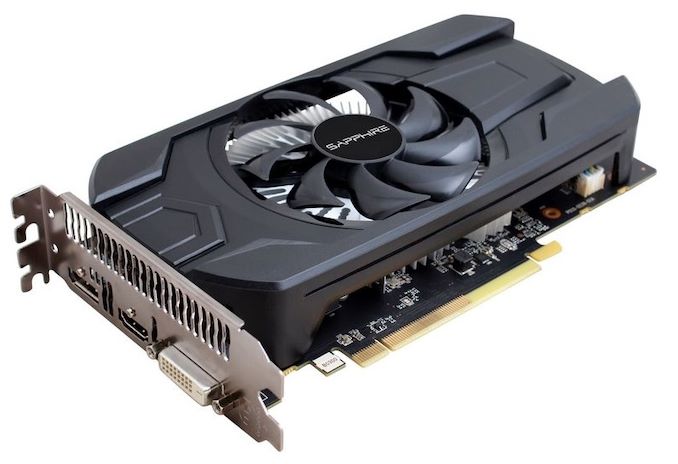
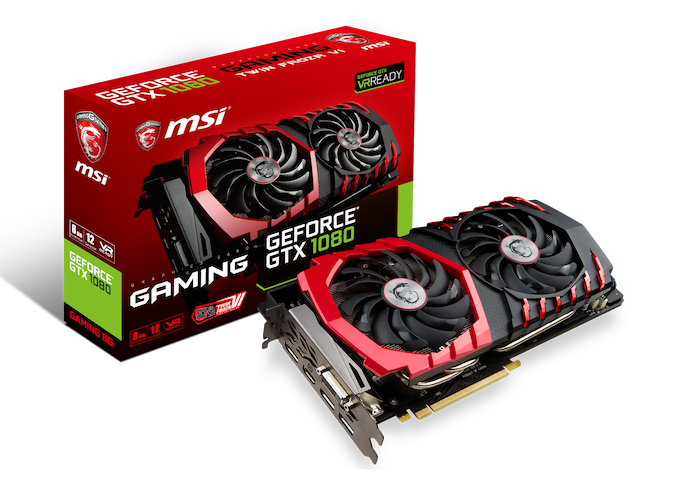
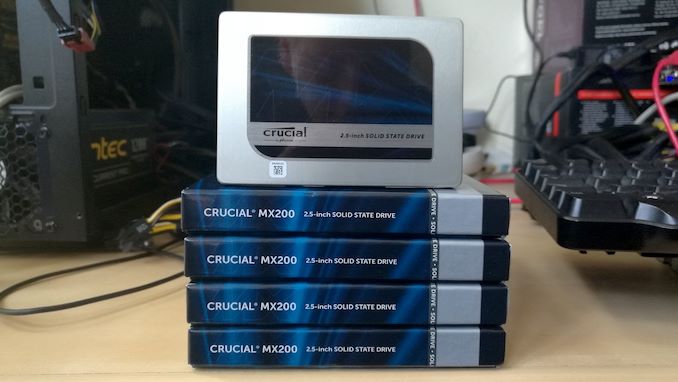
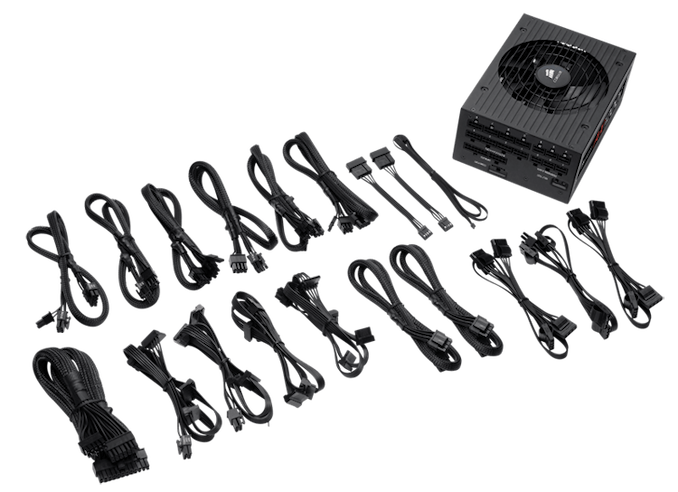
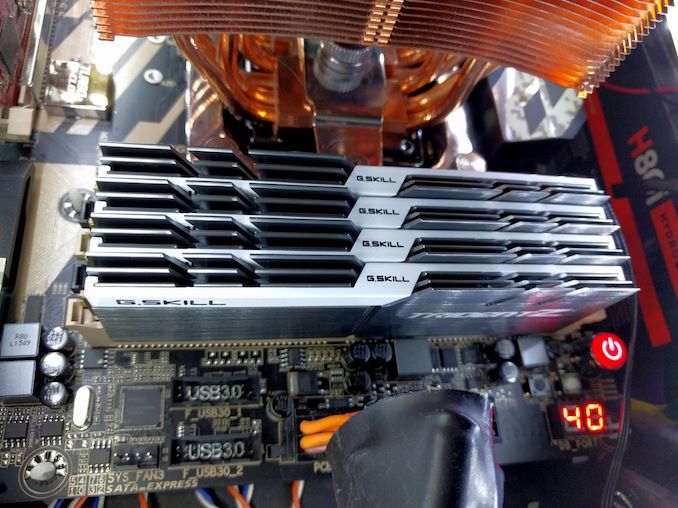
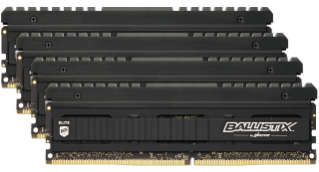
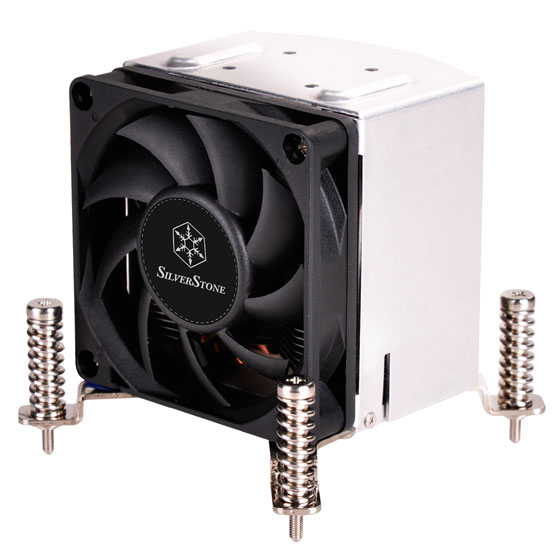
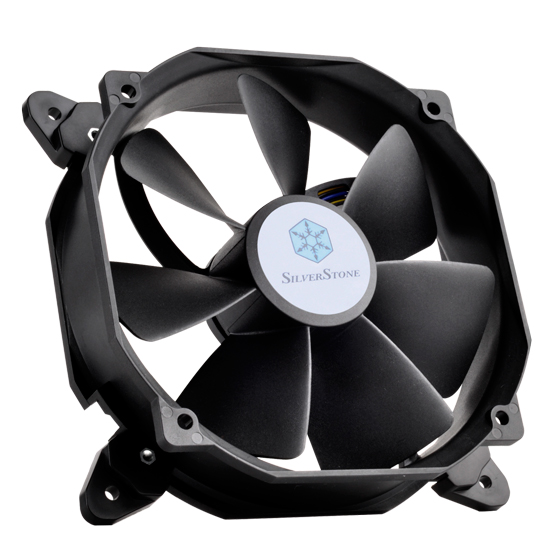








235 Comments
View All Comments
Opencg - Thursday, October 31, 2019 - link
People fail to consider other use cases. For competitive gaming or someone running 240hz 1080p with a high end gpu and willing to tweak settings to make their games cpu bound this is still the best cpu. Unfortunately not all testers optimize their cpu tests to be cpu bound in games. But if you look at the ones that do intel still poops on amd. Sure most gamers dont give a shit about fps above 160 or so but some do. When I ran overwatch I tweaked the config file and ran 400fps. If I was running csgo I would push the fps as high as possible as well.Also imo the biggest used case for amd cpus for gamers is futureproofing by having more cores. Most gamers are just gonna play their games with a few tabs open and maybe some music and discord running. Not everyone is running cpu based streaming encoding at the same time.
Galid - Thursday, October 31, 2019 - link
Well I don't seem to notice the same thing you do for max fps in games where you need 240hz for example. At most, I can see 10 to 15 fps difference in counter strike at around 400fps. I looked around and found a lot of tests/benchmarks. There is no such thing as ''this is the best cpu and you'll notice a difference in the games that matters for competitive gaming''. I might be wrong, if so, enlighten me please. I'm about to buy a new gaming rig and like 99.98% of the population, I'm not a competitive gamer. I don'T consider streaming as competitive neither.But, in ubisoft's single player games, I noticed it does help to get closer to the 120hz at resolution and details that matters for these non-competitive games.
Galid - Thursday, October 31, 2019 - link
BTW I compared ryzen 7 3700x and i9 9900k and got to the above conclusion.eek2121 - Friday, November 1, 2019 - link
Look at the 95th percentiles. Ignore average fps. AMD and Intel are virtually tied in nearly every game. I cannot believe we have reached this point. Finally after a decade, AMD is back in business.evernessince - Friday, November 1, 2019 - link
You do realize that running your CPU or GPU at 100% max utilization increases input lag correct? FPS isn't the only thing that matters. if the CPU cannot process new inputs in a timely matter because it's too busy with the GPU then the whole action of increasing your FPS was pointless. You should cap your FPS so that your neither your CPU nor GPU exceed 95% utilization. For the CPU this includes the core/cores that the game is running on. You loose maybe a handful of FPS by doing this but ensure consistent input lag.CptnPenguin - Friday, November 1, 2019 - link
Not sure how you managed that. The engine hard cap for Overwatch is 300 FPS.eek2121 - Friday, November 1, 2019 - link
Not true. AMD has the entire market pretty much cornered, though. So it doesn't matter whether you buy high end or mid range, Intel chips in general are a bad choice currently. Intel desperately needs to rethink their strategy going forward.bji - Thursday, October 31, 2019 - link
Well kudos for at least admitting that you are a blind fanboy early in your post.Slash3 - Thursday, October 31, 2019 - link
WCCFTech's comment section keeps leaking.Sivar - Thursday, October 31, 2019 - link
You might want to look at the benchmarks. Intel won most of them, with less cores.I was seriously considering an 8- or 12-core AMD, but Intel still ended up the better option for everything I do except video transcoding, in which AMD clearly wins.
Other considerations: No cooling fan on the Intel motherboard, better Intel quality control and testing in general, more mature product (because the 9900 is an iteration of an iteration of an iteration...etc.)